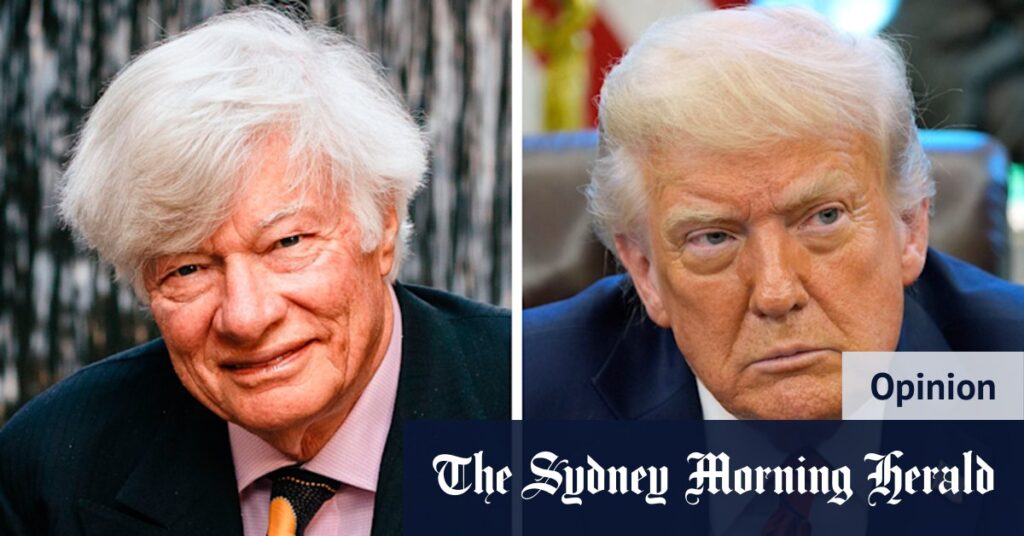
In a move that has sent shockwaves through the international community, former U.S. President Donald Trump has been accused of committing what some experts call the “supreme” war crime—aggression. This accusation follows the recent U.S. military strike on Iran, which many argue violates the United Nations Charter’s prohibition against one member state attacking another without justification.
According to the principles established at the Nuremberg Trials, the crime of aggression is considered the most serious of all war crimes. It involves the use of armed force by one state against another, characterized by its gravity and scale. Trump’s decision to authorize a military strike on Iran’s nuclear facilities has drawn comparisons to other historical breaches of international law, including Russia’s invasion of Ukraine and the controversial Iraq War led by George W. Bush, Tony Blair, and John Howard.
Historical Context and Legal Implications
The concept of aggression as a war crime was solidified in the aftermath of World War II. The Nuremberg Trials, which prosecuted prominent leaders of Nazi Germany, set a precedent for holding individuals accountable for acts of aggression. This principle was later enshrined in the UN Charter, which aims to prevent the recurrence of such conflicts by prohibiting the use of force except in self-defense or with Security Council authorization.
Trump’s military action against Iran is seen by critics as a clear violation of these international norms. The attack, described by some as a “spectacular military success,” has been condemned for its potential to destabilize the region further and encourage similar acts by other nations. The implications of this move could be far-reaching, with Taiwan being cited as a potential flashpoint for future conflicts.
Iran’s Controversial Regime
While the Iranian government has been widely criticized for its human rights abuses and support for terrorism, experts argue that these issues do not justify unilateral military action by another state. Iran’s history of oppressing political dissidents and its involvement in the mass execution of political prisoners in 1988 are well-documented. However, these actions, as heinous as they are, do not provide legal grounds for an unprovoked attack under international law.
Iran has been accused of funding terrorist organizations and engaging in hostile propaganda campaigns against the United States and its allies. Yet, it has not directly invaded another country, such as Israel, nor has it taken actions that would warrant a military response from the U.S. under the current international legal framework.
Expert Opinions and Future Consequences
Legal scholars and international relations experts have voiced concerns over the potential consequences of Trump’s actions. Dr. Samantha Powers, a renowned expert in international law, stated,
“This sets a dangerous precedent where powerful nations might feel emboldened to take unilateral military action without fear of repercussions.”
Such actions could undermine the global order established post-World War II and lead to increased geopolitical tensions.
Meanwhile, some analysts argue that the strike could embolden other nations with territorial ambitions, potentially leading to more conflicts. The situation in Taiwan is particularly precarious, with China closely monitoring international reactions to the U.S. strike on Iran.
Looking Ahead: The Path to Stability
The international community now faces the challenge of addressing this breach of international law while preventing further escalation. Diplomatic efforts must focus on reinforcing the principles of the UN Charter and ensuring that future military actions are conducted within its legal framework.
As the world grapples with the implications of Trump’s actions, the need for a robust and unified response becomes ever more critical. The path to stability will require not only holding violators accountable but also strengthening international institutions to prevent similar occurrences in the future.
The debate over the legality and morality of the U.S. strike on Iran continues, with many calling for a reevaluation of international norms governing the use of force. As global leaders deliberate on the appropriate course of action, the world watches closely, aware that the decisions made now could shape the future of international relations for years to come.







